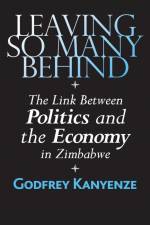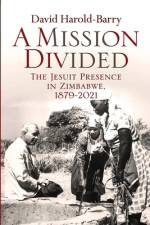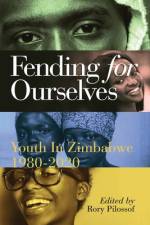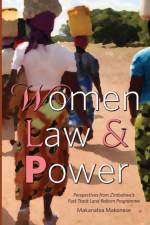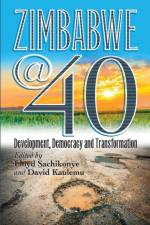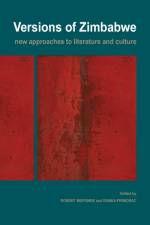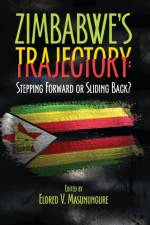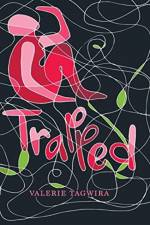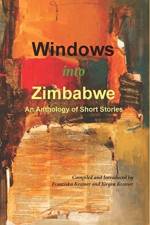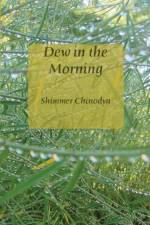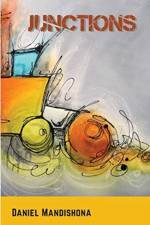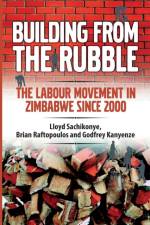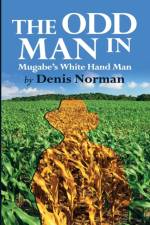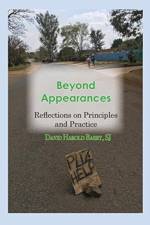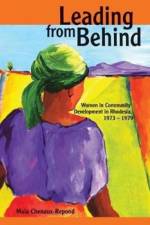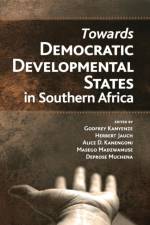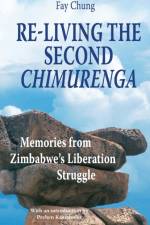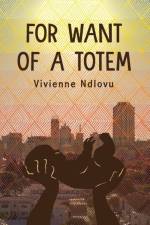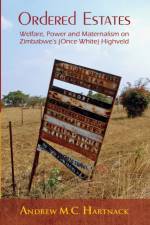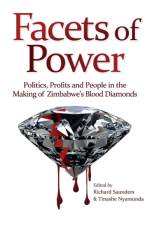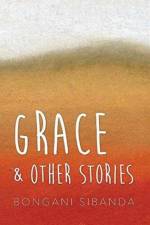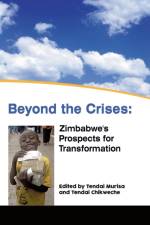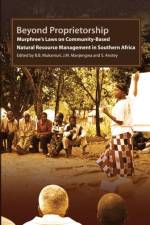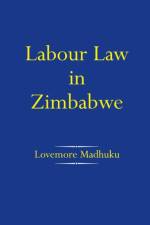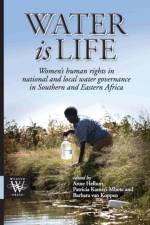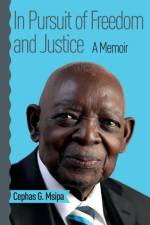av Shimmer Chinodya
321
Dew in the Morning was written when the author, Shimmer Chinodya, was eighteen. The intensity of childhood memory is sharp and immediate. Godi, the young boy whose life we experience as he grows up, perceives more than he understands. The ambivalence or instability of the text lies at the juncture between the felt experience of the child, and the rational, interpretative, analysis of the adult. A Bildungsroman, Chinodya captures the centrality of land in the national consciousness: its beauty, its rhythms, its seasons and its fertility. But he does not romanticise the hardships: the droughts, poor harvests, over-crowding - particularly as a result of the inflow of resettled people - and the tensions over land and between peoples as they struggle to survive. Good humour, strict morality, hard work, and mutual support can be undermined by corrupt practice, or tainted by traditional ceremonies that are as frightening as they are powerful, and raise essential questions of belief and validity. Dew in the Morning, is a tender, evocative novel of growing up, but in it we see the seeds of many issues which Chinodya will dwell on in his later novels: familial tensions, the taut interplay of tradition and modernity, ancestral beliefs and Christianity.

